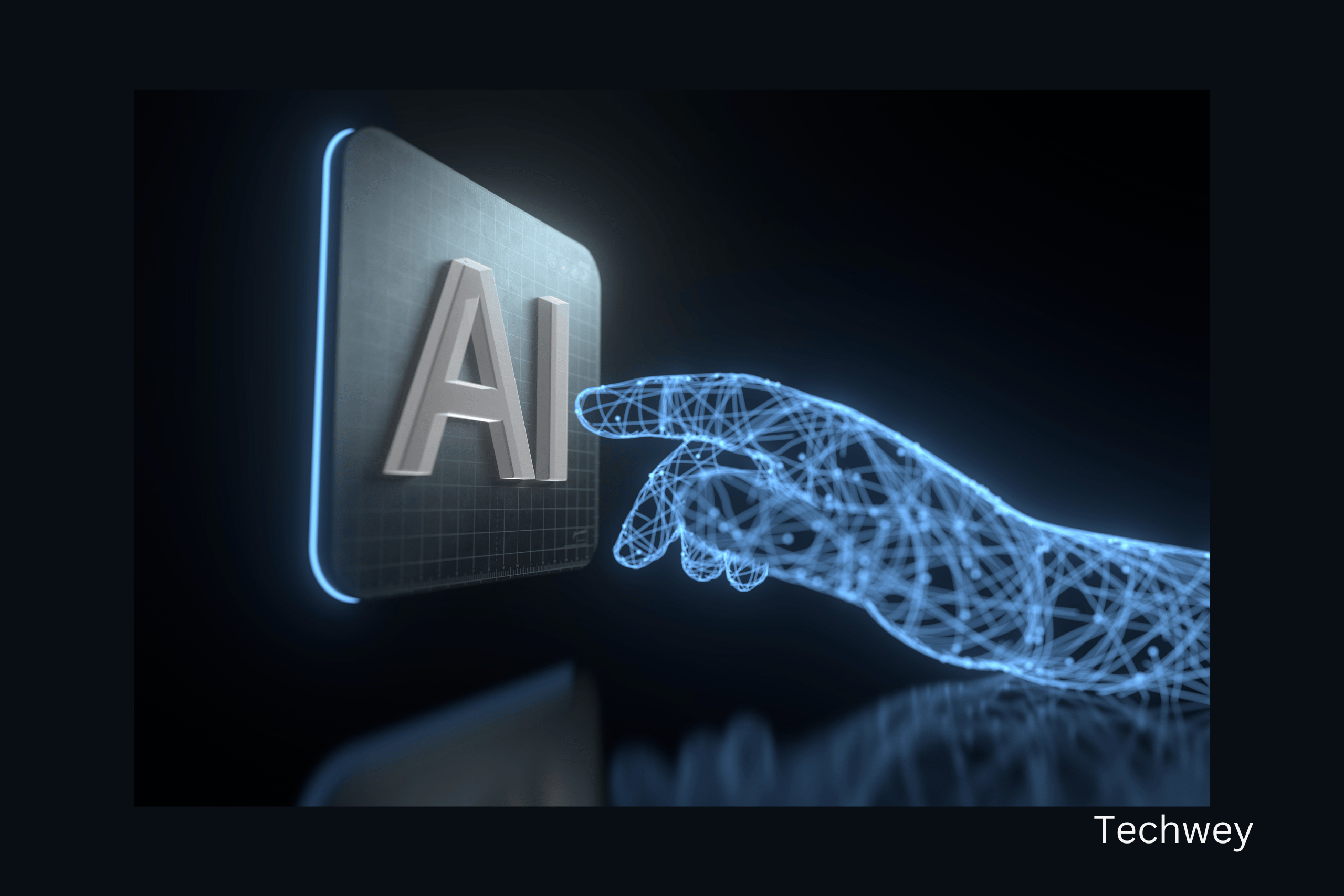
Artificial intelligence (AI) is no longer a futuristic concept confined to the realms of science fiction. Today, it is deeply embedded in our daily lives, transforming industries and redefining the way we interact with technology. As we approach 2025, the pace of AI innovation shows no signs of slowing down. Several trends are poised to shape the future, making AI even more integral to society.
Trends in Artificial Intelligence
One of the most exciting developments is the evolution of generative AI. Tools like ChatGPT and DALL·E have already demonstrated AI’s creative potential, but the next phase will see generative AI expanding into everyday applications. From creating personalized content to assisting in complex problem-solving, these tools will become indispensable across various fields.
In healthcare, AI is set to revolutionize patient care. With advancements in AI-powered diagnostics and personalized medicine, doctors will be able to detect diseases earlier and provide tailored treatments. Robotic surgeries guided by AI are also becoming more precise, offering improved outcomes and faster recovery times for patients.
Another significant trend is the rise of edge AI, which brings processing power closer to devices rather than relying on cloud servers. This shift enhances speed, reduces latency, and bolsters data privacy. For example, smartphones, smart home devices, and even cars are incorporating edge AI to deliver faster, more secure experiences.
AI-powered automation in workplaces is another area that will see rapid growth. Businesses are increasingly adopting AI tools to streamline operations, improve productivity, and reduce costs. Whether it’s automating repetitive tasks or enhancing customer experiences, AI is transforming the way we work.
However, with great power comes great responsibility. As AI becomes more pervasive, the need for ethical considerations and regulations grows. Governments and organizations are focusing on creating frameworks to ensure that AI development aligns with societal values and does not perpetuate biases or cause harm.
Conclusion
The future of AI is undeniably promising, but it also requires vigilance and responsibility. By staying informed about these trends and their implications, we can embrace AI’s potential while addressing its challenges. The journey ahead is one of innovation, collaboration, and thoughtful progress.
Check out articles on AI and Innovation





Leave a Reply